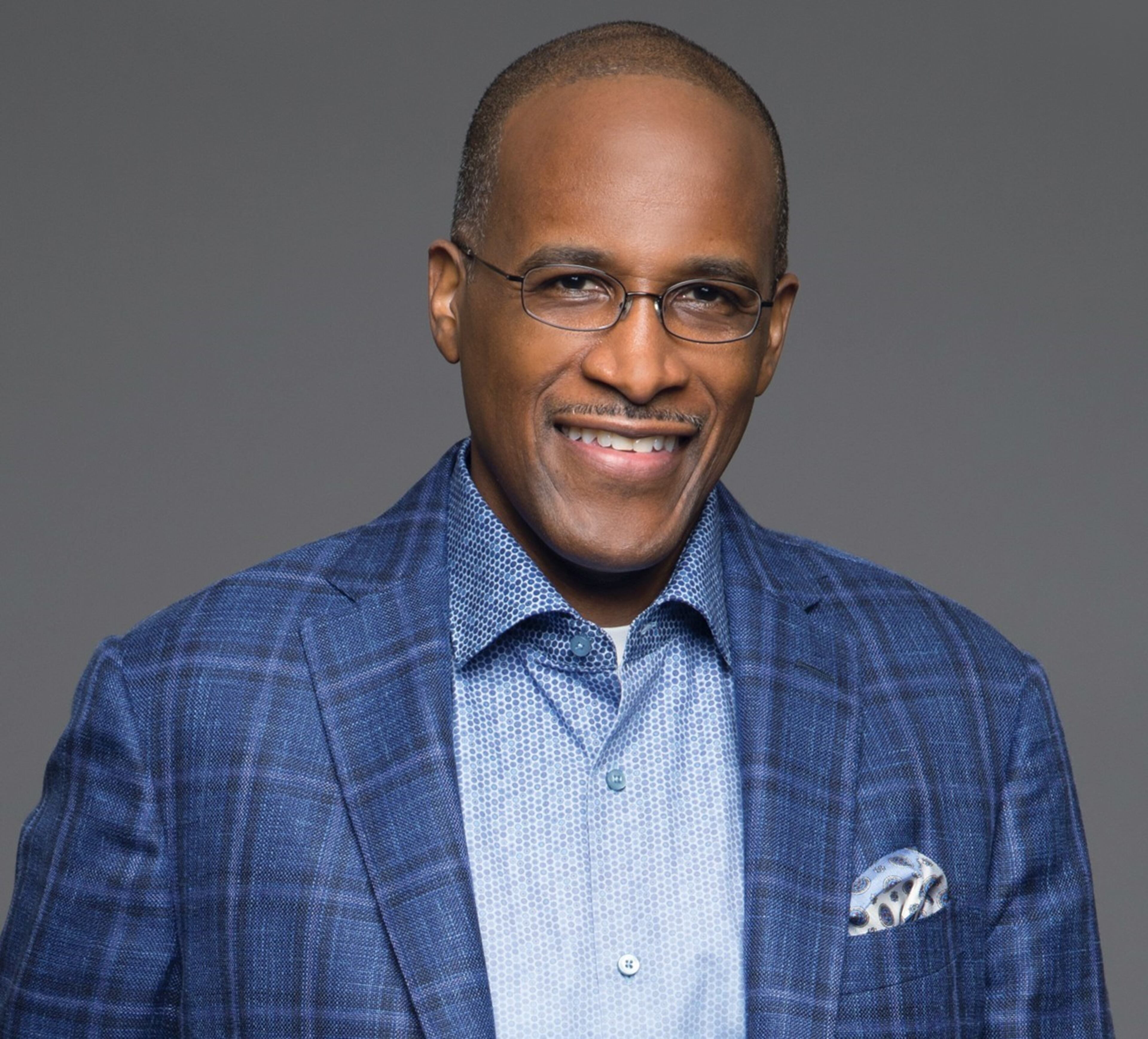Opinion: Care needed in selecting, then supporting HBCU presidents

To mark HBCU Week, The Atlanta Journal-Constitution is running a series of guest columns that examine the role of historically Black colleges and universities and the challenges that face them. The White House is hosting the 2023 National HBCU Week Conference in Arlington, Virginia, this week with the theme of “Raising the Bar: Forging Excellence through Innovation & Leadership.” The AJC guest columns also speak to those themes.
Today, Walter Kimbrough, the former president of Dillard University and of Philander Smith College, discusses the turnover in HBCU presidents and what that means for the institutions. Here are links to four guest columns that have already appeared: Harry Williams of the Thurgood Marshall College Fund, David A. Thomas, Morehouse president, Spelman Provost Pamela Scott-Johnson and Clark Atlanta University President George T. French.
Kimbrough recently left Morehouse College, where he served as interim executive director of the Black Men’s Research Institute. He has also held leadership roles in student affairs at Emory University, Georgia State University, Old Dominion University and Albany State University.
By Walter Kimbrough
This past spring, the American Council on Education released its latest survey on the college presidency. The headline was that the tenure of presidents continues to slide, with the average president serving 5.9 years, far below almost nine years when I first became a president in 2004.
So the recent rash of HBCU presidential exits raised alarms, with the Center for the Study of HBCUs at Virginia Union University indicating that more than 20 HBCU presidencies have seen transitions since 2022, one-fourth of all four-year HBCUs.
I was one of the 20 deciding after 10 years at Dillard University, after seven and a half at Philander Smith, it was time to take a break and prepare for a new season. But over the course of my career, I have continued to study the HBCU presidency, and there are several actions that we can take to improve HBCU presidential success.

But first, how does the HBCU presidency differ from the larger American Council on Education study? I identified 32 HBCUs which either conducted a search or had a vacancy after I announced my departure in 2021 (with the exception of Hampton University, whose president served over 40 years — a true outlier).
The tenure of the 32 presidents was very close to the national average at 5.7 years. Presidents of private schools had longer tenures (6.4 to 5 years), HBCU grads fared better than non-grads (6.7 to 4.6 years), and men served almost three years longer than women (6.8 to 3.9 years). The latter is a troubling statistic that reflects poorly on boards and deserves separate discussion.
The biggest difference in tenure though was experience. Those who had been a president, including those who had been an interim at another institution, enjoyed tenures four years longer than first-time presidents, 8.5 versus 4.3 years. First-time presidents with no HBCU experience lasted an average of four years, another point boards continue to overlook.
I’ve seen literally hundreds of HBCU presidential transitions (218 to be exact) since I became a president in 2004, and there are several strategies that could extend their tenures. Those aspiring to become HBCU presidents should do two things. First, they should find a seasoned or retired president to counsel with as they pursue a presidency. Experienced presidents know the behind-the-scenes issues, may have done accreditation visits, or have relationships with presidents who left and know the real story.
Seasoned presidents can also help determine the right questions to ask. Even with my experience, there are two to three former presidents I seek guidance from when thinking about pursuing a presidency. Their counsel has been and continues to be invaluable.
The second thing that aspiring presidents must do is know how to say no. This is hard for people who really want to be a president, but I’ve seen too many cases of people taking presidencies that are doomed to fail, no matter who assumes the role. It is hard to come back from a year or two as a failed president, so a spirit of discernment is a must. Over the past two years, I have dropped out of searches as a finalist because I didn’t feel like that position was the best for me or the institution.
HBCU boards need to understand their primary job is to hire, support, evaluate, and if needed fire the president. With the shorter tenures of HBCU presidencies, boards must assume responsibility for most of the failures because they made the selection. To change this, boards should secure a former HBCU president or a higher education scholar to serve on the search/screening committee. Having an expert on the committee can help validate the qualifications of a potential candidate, especially using data and resources familiar to higher education professionals.
Boards must allow presidents they hire to do the job. Period. Too many ousted presidents have told colleagues they were micromanaged. Some boards have intentionally hired unprepared or inexperienced presidents so that they can run the institution, even though they are completely unprepared to do so. It is always a bad sign to see trustees involved in daily minutia, but absent from giving and fundraising.
Finally, the board should engage in robust conversations with all stakeholders prior to commencing a presidential search. They should engage in training to understand the current state of the presidency, including reasons for the high volatility, and review the school’s presidential search history. The number of schools with multiple presidents since 2015 is troublesome, a clear sign their selections have been poor.
A better-informed candidate and a more sophisticated board, can help reduce the instability in the HBCU sector. The high number of turnovers recently hurts the HBCU brand. These strategies are vital during this period of potential HBCU growth and prosperity, a period when stable and strong leadership is critical.

